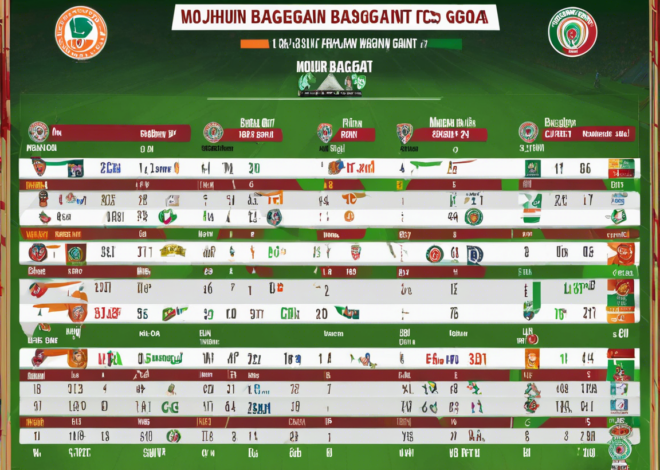
Pradhan Mantri Kisan Samman Nidhi: Empowering Farmers
The Pradhan Mantri Kisan Samman Nidhi (PM-KISAN) is a pioneering initiative by the Government of India aimed at empowering farmers across the country. Launched in December 2018, the scheme provides financial assistance to eligible farmers to ensure a stable income and improve their overall well-being. With a focus on small and marginal farmers, PM-KISAN has emerged as one of the largest direct benefit transfer schemes globally, benefiting millions of farmers and their families.
Objectives of PM-KISAN:
The primary objective of the PM-KISAN scheme is to augment the income of small and marginal farmers by providing them with direct financial assistance. By ensuring a minimum income support, the government aims to alleviate financial distress among farmers and enable them to invest in agricultural activities without facing the burden of financial constraints. Additionally, the scheme seeks to address the issue of rural poverty and promote sustainable agricultural practices.
Key Features of PM-KISAN:
- Financial Assistance: Under the PM-KISAN scheme, eligible farmers receive direct income support of ₹6,000 per year in three equal instalments.
- Beneficiary Criteria: Small and marginal farmers holding cultivable land are eligible for the scheme. The benefit extends to all states and union territories of India.
- Direct Benefit Transfer (DBT): The financial assistance is transferred directly to the bank accounts of the beneficiaries to ensure transparency and efficiency in the disbursement process.
- Online Registration: Farmers can register for the scheme online through the official PM-KISAN portal or through Common Service Centres (CSCs) located in their respective regions.
- Fund Allocation: The government allocates funds for the scheme in a budgetary provision which is released in four equal instalments to the states/UTs for onward transfer to the beneficiaries.
- Monitoring and Implementation: The implementation of the scheme is closely monitored at the national, state, and district levels to ensure effective delivery of benefits to the intended beneficiaries.
Impact of PM-KISAN on Farmers:
The PM-KISAN scheme has had a significant impact on the lives of farmers across India. By providing direct income support, the scheme has helped farmers meet their agricultural expenses, invest in farm infrastructure, and improve productivity. This financial assistance has also enhanced the purchasing power of farmers, leading to an overall improvement in their standard of living. Furthermore, PM-KISAN has played a crucial role in reducing rural distress and addressing income disparities in the agricultural sector.
Future Prospects and Sustainability:
As the PM-KISAN scheme continues to benefit an increasing number of farmers, there is a need to focus on its long-term sustainability and scalability. The government is exploring innovative mechanisms to enhance the reach and impact of the scheme, including leveraging technology for seamless disbursement and monitoring. By fostering partnerships with diverse stakeholders and promoting best practices in agriculture, PM-KISAN has the potential to transform the agricultural landscape of India and empower farmers to thrive in a dynamic rural economy.
Frequently Asked Questions (FAQs) about PM-KISAN:
-
Who is eligible to apply for the PM-KISAN scheme?
Only small and marginal farmers with cultivable land holdings are eligible to apply for the PM-KISAN scheme. -
How can farmers apply for the PM-KISAN scheme?
Farmers can register for the scheme online through the official PM-KISAN portal or by visiting their nearest Common Service Centre (CSC). -
What is the amount of financial assistance provided under PM-KISAN?
Eligible farmers receive ₹6,000 per year in three equal instalments under the PM-KISAN scheme. -
Is there a deadline for applying to the PM-KISAN scheme?
There is no deadline for applying to the PM-KISAN scheme as the scheme is ongoing and open to eligible farmers throughout the year. -
How is the financial assistance disbursed to the beneficiaries?
The financial assistance under PM-KISAN is transferred directly to the bank accounts of the beneficiaries through the Direct Benefit Transfer (DBT) mechanism. -
Can farmers check the status of their PM-KISAN payment online?
Yes, farmers can check the status of their PM-KISAN payment online through the PM-KISAN portal using their Aadhaar number or mobile number. -
Are tenant farmers eligible for the PM-KISAN scheme?
Tenant farmers are not eligible for the PM-KISAN scheme as it is specifically designed for small and marginal farmers with cultivable land holdings. -
How does PM-KISAN contribute to the welfare of farmers in India?
PM-KISAN provides direct income support to farmers, enabling them to meet their agricultural expenses, invest in farm activities, and improve their livelihoods. -
Are there any additional benefits or support services provided under PM-KISAN?
Apart from financial assistance, PM-KISAN aims to promote sustainable agricultural practices, enhance rural livelihoods, and alleviate rural distress among farmers. -
What measures are taken to ensure the transparency and efficiency of the PM-KISAN scheme?
The PM-KISAN scheme employs the Direct Benefit Transfer (DBT) mechanism for direct fund transfer to beneficiaries and regular monitoring at various levels to ensure transparency and accountability in the implementation process.
In conclusion, the Pradhan Mantri Kisan Samman Nidhi (PM-KISAN) scheme has emerged as a transformative initiative to empower farmers in India by providing them with direct financial assistance and fostering sustainable agricultural practices. With its focus on inclusivity and transparency, PM-KISAN continues to play a pivotal role in enhancing the livelihoods of small and marginal farmers and driving rural prosperity in the country.


